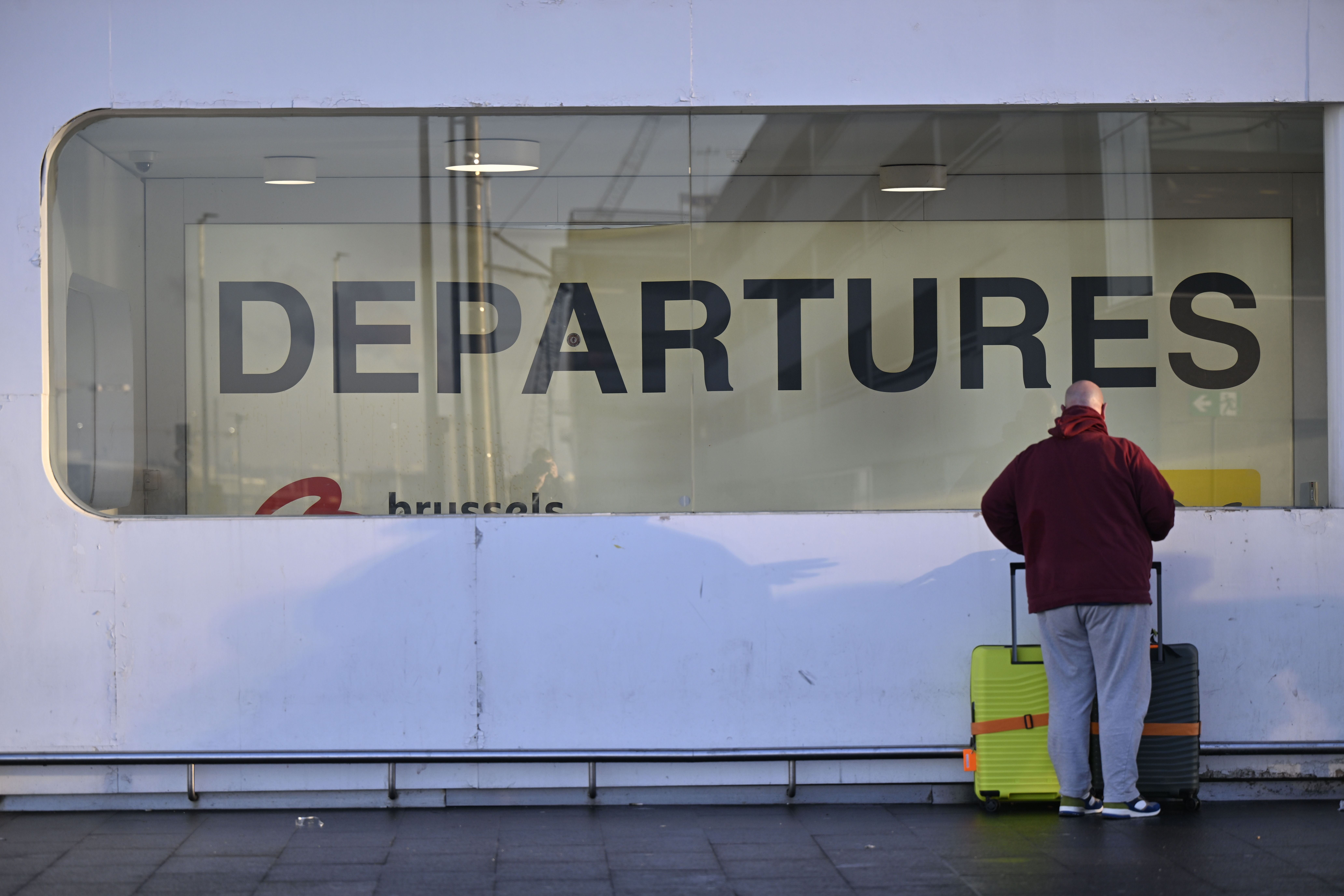What to expect from the national strike on 31 March

Belgium is bracing for major disruption on Monday 31 March as the country's two largest unions - the socialist ABVV and the Christian democrat ACV - plan a national strike. This follows demonstrations in January and a joint protest in Brussels on 13 February against the austerity measures outlined in the federal government's programme.
Widespread picketing is expected, with unions announcing plans to block access to industrial zones across the country. If the mobilisation proves to be large, public services are likely to be affected.
Transport disruption
The railway unions ACV Transcom and ACOD Spoor have confirmed that they will take part, as will the main teachers' unions, including ACOD Onderwijs, COC, COV and VSOA Onderwijs.
Major disruption is expected at Belgium's main airports. All outbound flights from Zaventem and Charleroi have been cancelled and inbound flights may also be affected.
Public transport operator De Lijn will also be affected, although it is not yet clear how many buses will be running. An alternative timetable is expected to be published on the company's website from Saturday evening.
Some staff at STIB, Brussels' public transport operator, will take part. Significant disruption to the network is expected, although the extent remains uncertain. STIB advises passengers to seek alternative travel options. Updates will be provided via the company’s website, app and social media channels, as well as on real-time display screens at stops.
Vulnerable groups
Meanwhile, the feminist platform Ensemble pour une Féminisme en Fédération (EFFE) has come out in support of the strike. The organisation criticises the government's policies for disproportionately affecting women and vulnerable groups, in particular through increased labour market flexibility, stricter eligibility for unemployment benefits and stricter pension rules.
EFFE points out that many women are unable to take part in traditional strike action because they are over-represented in essential sectors including health, education, cleaning and food provision. It calls on those who are unable to strike - such as part-time workers, carers, pensioners or those on benefits - to show solidarity in other ways, such as not shopping, organising symbolic actions or spreading messages through social media.
© BELGA PHOTO ERIC LALMAND
Related news
